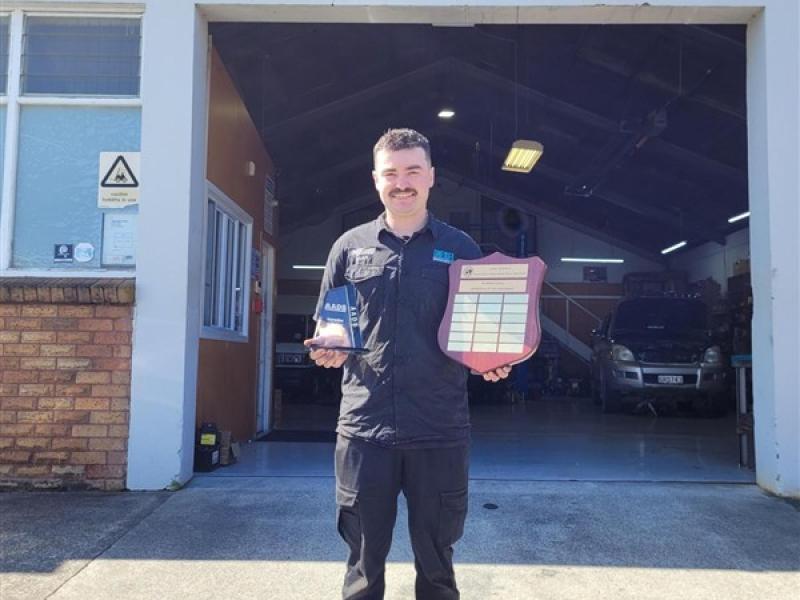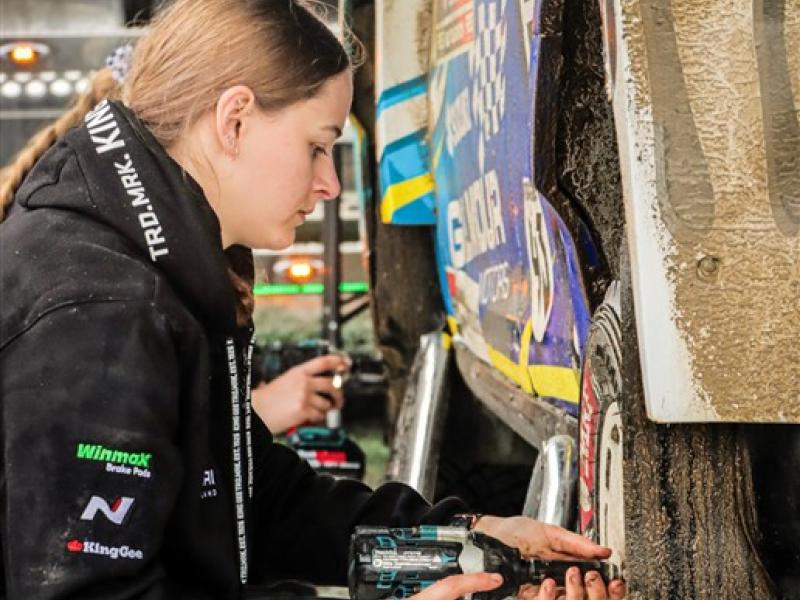Announcing the programme the Minister of Transport, The Hon Chris Bishop commented, “The Government is progressing a bold work programme to increase productivity and efficiency through comprehensively reforming New Zealand’s land transport rules. Right now the rules system is overly cumbersome to update and creates a substantial administrative burden for New Zealand businesses trying their best to operate safely, legally and efficiently.”
The Land Transport Rules Reform Programme includes seven streams of work:
• Reducing the frequency of vintage vehicle and motorhome WOF and COF inspections, as previously announced.
• Considering additional safety requirements for vehicle imports including a possible phased introduction.
• Reviewing WOF/COF frequency and inspection requirements for light vehicles.
• Simplifying heavy vehicle driver licencing, weight thresholds, and freight permitting to improve efficiency and productivity for the freight sector.
• Enabling digital driver licences and, digital alternatives to WOF/COF/rego stickers, allowing NZTA to electronically collect, store and send regulatory notices, enabling online theory tests, and simplifying identification requirements for NZTA customers.
• Improving lane use and use of traffic control devices, and minor system improvements, which will include enabling e-scooters in cycle lanes and children to ride bikes on footpaths, minimum overtaking gaps when passing cyclists, horses, etc, and requiring vehicles to give way to buses exiting bus stops.
Overhauling the vehicle regulatory system to make it more efficient, effective and adaptable, including simplifying and refocusing import requirements and streamlining recognition of overseas standards.
The Motor Trade Association (MTA) has stated that it supports the Government’s focus on reforming transport rules for the benefit of the sector and the public.
However, MTA cautions that public safety must not be compromised by any changes.
MTA Head of Advocacy James McDowall says MTA has been actively involved as part of the core group of industry stakeholders engaging with the Minister and the Ministry of Transport on the work programme.
“Evaluation of measures that reflect and are fit for purpose for the modern fleet on our roads is timely,” Mr McDowall says.
“The advent of new technologies, particularly in regard to safety, means many vehicles on our roads are vastly different from those even just ten years ago.”
MTA believes the Warrant of Fitness (WoF) is overdue for review, both in terms of new and old vehicles. New vehicles have safety features that simply do not fit the current WoF inspection template, while at the other end of the scale, there are now 25-year-old vehicles which only need to undergo a Warrant of Fitness check once a year.
“This raises serious questions around safety, and it is appropriate that the review takes WoF frequency into account,” Mr McDowall says.
“Improving the role of digitalisation also reflects modern trends and overseas experience. Many New Zealanders travelling abroad remark on the lack of stickers on vehicle windscreens. It is time for that conversation here.”
Any overview of regulation that removes ‘red tape’ and improves efficiencies and processes is a win for both the transport sector and the traveller, MTA believes.
This initiative is a good example of how changes to rules – often overshadowed by major legislative reforms – can deliver meaningful benefits across the system.
“We’re keen to see it progress, particularly given that MTA members carry out the majority of WoF inspections across New Zealand,” Mr McDowall says.
“We welcome the opportunity to continue working with the Government to update and simplify transport rules and regulations.”
Government announces road rules reform programme
Government announces road rules reform programme
News
Thursday, 31 July 2025






